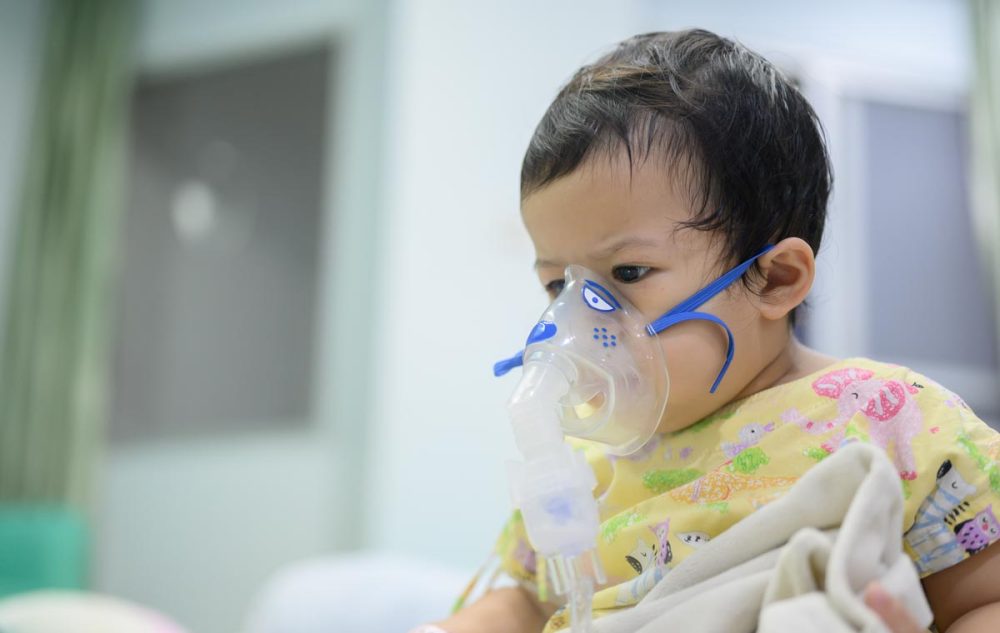Advertisment
MHLW (Japan) approves Beyfortus (nirsevimab) in Japan for the prevention of RSV disease in infants – AstraZeneca

AstraZeneca and Sanofi’s Beyfortus (nirsevimab), a long-acting monoclonal antibody, has been approved in Japan for the prophylaxis of lower respiratory tract disease (LRTD) caused by respiratory syncytial virus (RSV) in all neonates, infants and children entering their first RSV season, and the prevention of RSV LRTD in neonates, infants and children at risk of serious RSV infection entering their first or second RSV season. Beyfortus is anticipated to be available for the upcoming 2024/25 RSV season, in line with existing Japanese guidelines.
Beyfortus is the first preventive option developed to protect a broad infant population against RSV LRTD, including protecting those infants born healthy at term, or preterm, or with specific health conditions that make them vulnerable to severe disease. The approval by the Japanese Ministry of Health, Labour and Welfare is based on three Beyfortus pivotal late-stage clinical trials. Across all clinical endpoints, a single dose of Beyfortus demonstrated consistent efficacy against RSV LRTD extending through five months, the duration of a typical RSV season.
More than 100,000 cases of RSV LRTD in infants are reported every year in Japan including healthy infants born at term.
Dr. Hiroyuki Moriuchi, Professor and Head of Department of Pediatrics, Nagasaki University Graduate School of Biomedical Sciences, said: “This is an important milestone in the fight against RSV in infants. Almost all children are affected by RSV by the age of two and all infants, including those born healthy and at term, can be at risk. RSV causes a significant burden for children, their families and to the medical system potentially leading to long-term consequences of severe infection in infancy. Beyfortus can protect infants across the RSV season and its approval represents a crucial contribution to the prevention and control of RSV disease in Japan.”





